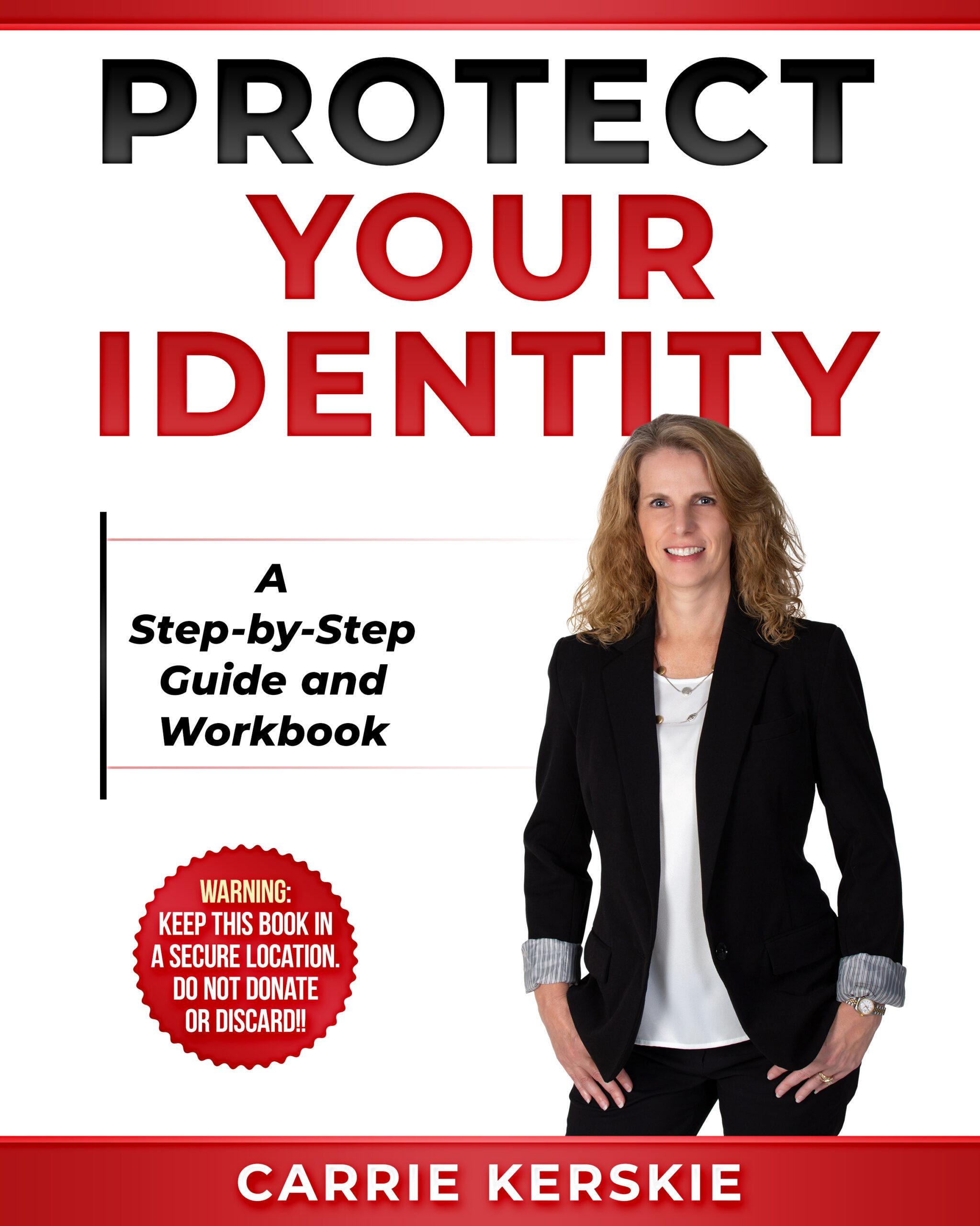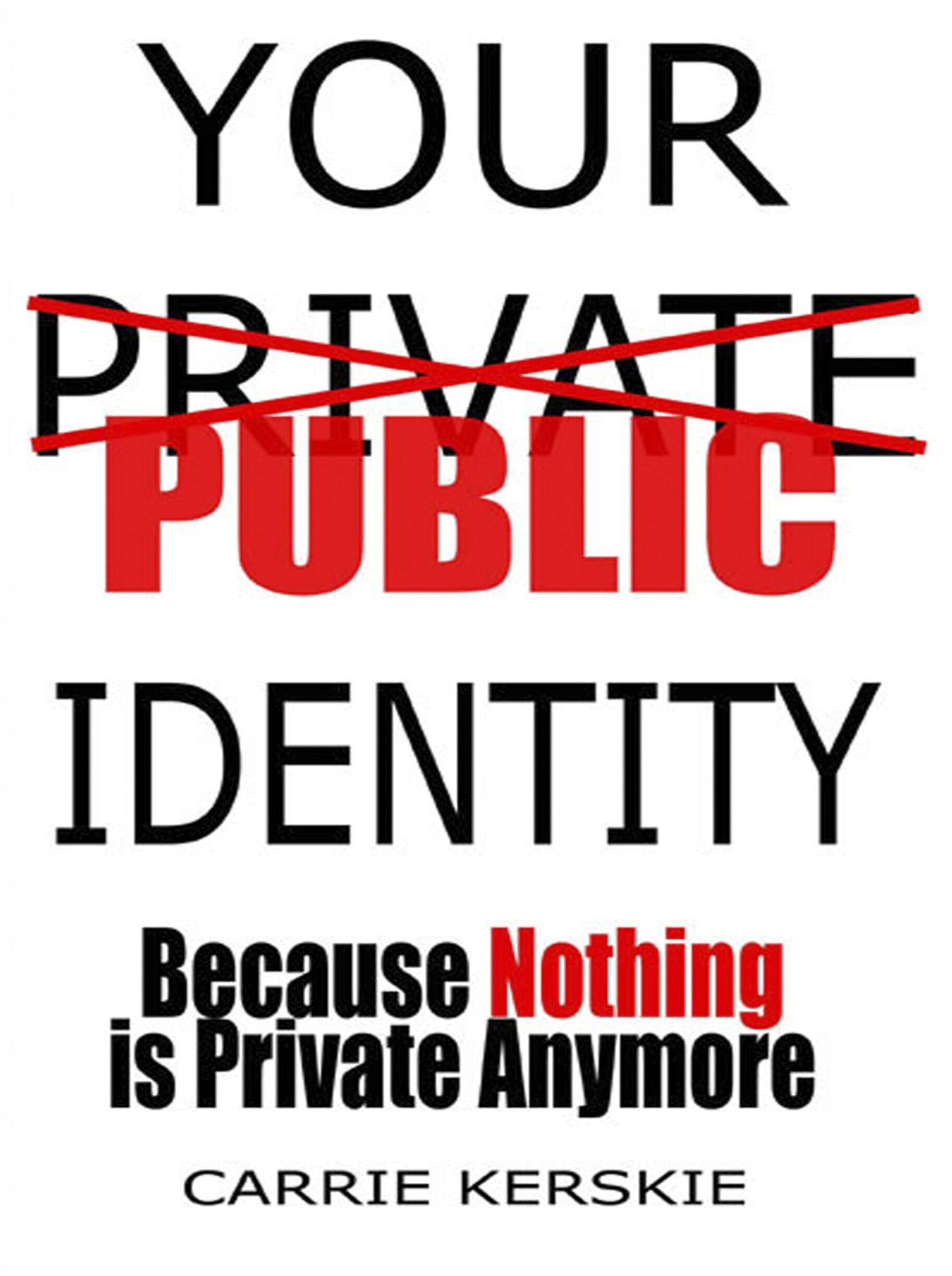New account fraud occurs when an imposter opens a new credit account using your identity. Credit accounts include loans, credit cards, and utilities, such as cellular telephone accounts.
How Do They Do It?
Imposters can purchase your personally identifying information, such as name, date of birth, and social security number, online for less than one dollar. The imposter uses this information to apply for credit accounts online. Most financial institutions and credit card companies accept new credit applications on their websites, making it very convenient for imposters to commit new account fraud.
After a creditor receives an application for a new credit account, the creditor will obtain a copy of the applicant’s credit report. In the case of new account fraud, your information is on the application; your credit report is received and reviewed by the new creditor. If approved, the new credit account will be opened. Remember, you did not apply for the new credit account; it was an imposter that fraudulently applied for the new credit account.
The Solution
You have three options to protect yourself from new account fraud.
- Fraud alert
- Credit freeze
- Credit lock
Fraud Alert
A fraud alert is a disclaimer added to your credit report. There are no fees associated with a fraud alert. It is free. Here are a few examples of a fraud alert disclaimer
- This person is a victim of identity theft. Please verify the consumer’s identity before opening a new account.
- The consumer has requested a fraud alert. Contact the consumer at xxx-xxx-xxxx before opening a new credit account.
A fraud alert expires after one year. If you are a documented victim of identity theft or active military, you can request, in writing, for a seven-year extension on your fraud alert. Upon expiration, the credit bureau removes it from your credit report.
To create a fraud alert, contact one of the credit bureaus, and that credit bureau will notify the other two on your behalf. It only applies to TransUnion, Experian, and Equifax. To place a fraud alert with Innovis and NCTUE, you must contact them directly. You will learn more about the credit reporting agencies in the next section.
A fraud alert was designed to serve as a warning to a potential new creditor to minimize the risk of new account fraud. However, creditors are not mandated by law to abide by the fraud alert. It is merely a suggestion. We have observed individuals that became victims of new account fraud while their fraud alert was active.
Credit Freeze
A credit freeze prohibits the credit reporting agencies from disclosing your credit report to new creditors. If a creditor cannot review the credit report, the creditor cannot determine if the applicant is eligible for the new account. Therefore, the new account will not be opened. A credit freeze is your best defense against new account fraud.
A credit freeze does not have any impact on your current credit accounts, such as an equity line of credit or a credit card. It only applies to new lines of credit or requests for an increase in a credit limit.
A credit freeze is free for life due to an amendment to the FCRA in September of 2018. Establishing a credit freeze is free. Temporarily lifting a credit freeze, when you need to permit a new creditor to review your report, is free. Removing a credit freeze is free. A credit freeze, once established, is permanent until you either temporarily lift it or permanently remove it.
To establish a credit freeze, you must contact each of the credit reporting agencies directly. Once established, you will receive a PIN from each credit reporting agency, except for Equifax. The PIN is what you will use to lift or remove the freeze. People often confuse a fraud alert and a credit freeze. The following chart further explains the difference between a fraud alert and a credit freeze.
FRAUD ALERT VS CREDIT FREEZE
| FRAUD ALERT | CREDIT FREEZE |
|
|
|
|
|
|
|
|
|
|
|
|
Credit Lock
A credit lock is similar to a credit freeze and also prohibits a credit reporting agency from disclosing your credit report to a new creditor. However, with a credit freeze, your rights and associated fees are mandated by federal law. A credit lock is a contractual agreement between you and the credit reporting agency. You must read the contract to confirm that you are not limiting your rights afforded to you by federal law. Unlike a credit freeze, the credit bureaus could charge a fee for a credit lock. A credit freeze is free for life, as mandated by the FCRA.
The credit reporting agencies do not want you to have a credit freeze as you are interfering with their business model. CRAs earn revenue by selling your credit report. A credit freeze prohibits them from selling your report. CRAs cannot prevent you from establishing a credit freeze, so they offer you a credit lock. They have developed marketing campaigns to demonstrate how convenient it is to have a credit lock and that a credit freeze is too time-consuming and difficult to manage. Not true. I have a credit freeze and can tell you that it took me less than ten minutes to temporarily lift my credit freeze before applying for new credit. Don’t believe their creative marketing. Get a credit freeze. You will thank me later.
More Than Three Credit Reporting Agencies
You may be familiar with the three major credit reporting agencies (CRAs).
- Experian
- TransUnion
- Equifax
However, there are two more you need to know about to protect yourself from new account fraud.
- Innovis
- National Consumer Telecom and Utilities Exchange
Innovis is a newer CRA. However, their database is becoming more robust. We are beginning to see more creditors requesting credit reports from Innovis. The National Consumer Telecom and Utilities Exchange (NCTUE) is used primarily by the utility industry. We have observed that more mobile telephone carriers and cable companies are reporting to and requesting credit history reports from the NCTUE. Because both of these are relatively new, they may or may not have a report on you. The only way to find out is to request your credit report from each of them.
Equifax, Experian, TransUnion, Innovis, and NCTUE are only five of many CRAs. To learn more about CRAs and how you can request your consumer report from each one, download the report from the Consumer Financial Protection Bureau (CFPB) website.
Get Started with a Credit Freeze
Experian
Online: https://www.experian.com/freeze/center.html
By phone: 1-888-397-3742
Equifax
- Online: https://www.equifax.com/personal/credit-report-services/credit-freeze/
- By phone: 1-800-349-9960
TransUnion
- Online: https://www.transunion.com/credit-freeze
- By phone: 1-888-909-8872
NCTUE
1-866-349-5355
Innovis
1-800-540-2505




